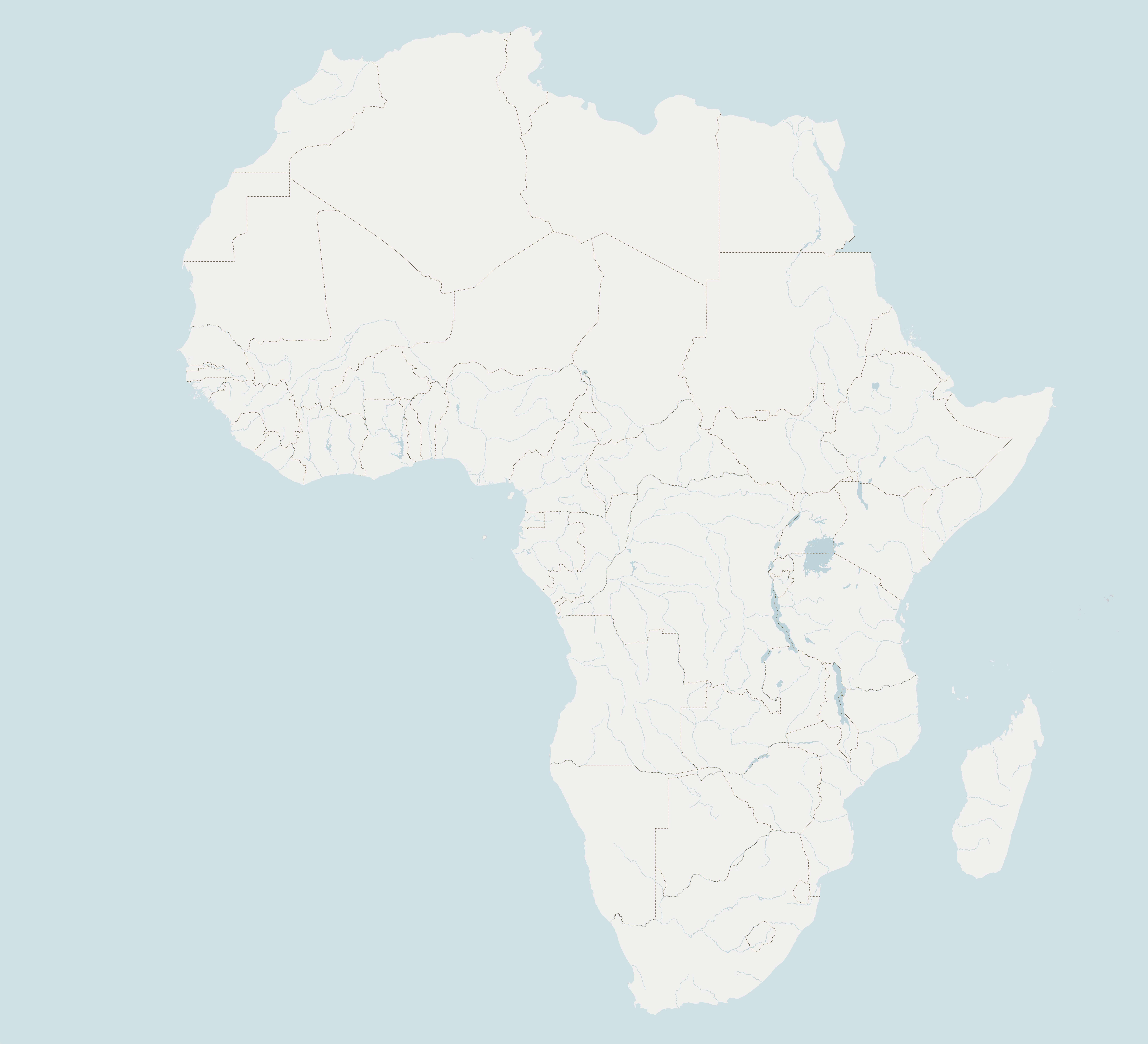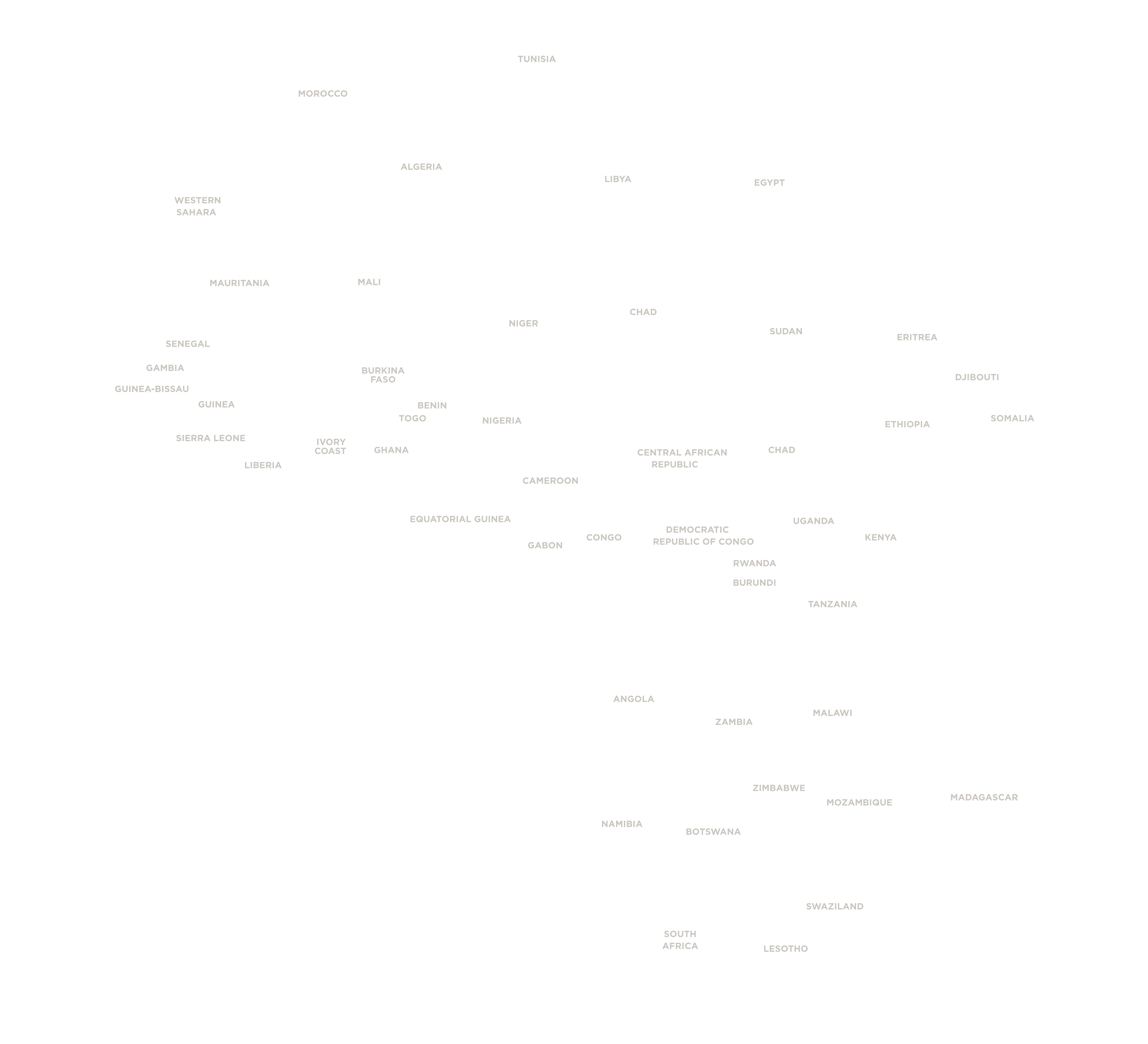This website uses cookies so that we can provide you with the best user experience possible. Cookie information is stored in your browser and performs functions such as recognising you when you return to our website and helping our team to understand which sections of the website you find most interesting and useful.


News
The articles are published under the sole responsibility of their authors. The International Coalition for Biodiversity Corridors in Africa merely provides a link to the original site.
Other protected areas
“Other protected areas” refers to the definition of the term “Other area-effective conservation measure” (AMCE) adopted in 2018 by the world’s governments, in a decision of the Conference of the Parties to the Convention on Biological Diversity (CBD).
It means “A geographically defined area other than a Protected Area, which is governed and managed in ways that achieve positive and sustained long-term outcomes for the insitu conservation of biodiversity, with associated ecosystem functions and services and where applicable, cultural, spiritual, socio–economic, and other locally relevant values”.
Corridor actions
Clearly defined geographical areas, aimed at restoring or conserving ecological connectivity, through action by individuals, communities, institutions and businesses, to maintain, enhance and restore ecological flows, species movement and dynamic processes in intact and fragmented environments.
Migration routes
The “great migratory axes” designate migratory routes between several natural areas on the scale of the African continent. They provide a global vision of major flows, illustrating complexes of natural areas and the migration routes of the species that make them up.
Tarangire Complex - Swaga Swaga
Le Lorem Ipsum est simplement du faux texte employé dans la composition et la mise en page avant impression. Le Lorem Ipsum est le faux texte standard de l’imprimerie depuis les années 1500, quand un imprimeur anonyme assembla ensemble des morceaux de texte pour réaliser un livre spécimen de polices de texte. Il n’a pas […]
Tarangire Complex - Mkomazi Tsavo
There is a historical transboundary conservation area between northeastern Tanzania and southeastern Kenya. The corridor is located in this area, between Mkomazi National Park in Tanzania (3,500 km2) and Tsavo National Park in Kenya (13,747 km2). Alongside corridors, there are many dispersal areas, and community zones. It is home to more than 78 species of […]
Nyerere Selous – Udzungwa
In the Morogoro Region, along the corridor that links Udzungwa Mountains National Park, Magombera Forest Nature Reserve and Nyerere National Park, the passage of elephants is historical. But this corridor is also a source of livelihood for plenty of the communities that live in the surrounding villages. Indeed, most of the local population relies on […]
Nyerere Selous-Niassa
The transboundary conservation zone of Selous-Niassa is located between Mozambique and Tanzania.In Mozambique, Niassa National Reserve (further north) is one of Africa’s last preserved wilderness areas. Its diverse ecosystems support elephants, lions, leopards, sable antelopes, zebras, hippos, and other crocodiles. Running alongside the Ruvuma River, the Selous-Niassa corridor has significant faunal and floral biodiversity. It […]
Kilombero - Udzungwa
Although the definition of corridors in Tanzania usually is taken to mean movement between two areas of ” habitat richness” through a “disturbed” landscape, some of the wildlife movements through the Kilombero-Udzungwa and Ruipa(-East) area used to be seasonal dispersals in response to water and food. However, since then, these dispersal areas eventually became part […]
Kilimanjaro - Longido
The population in the Kilimanjaro – Longido Corridor consists of pastoral and agro-pastoral Maasai and small scale farmers who are of Wachagga, Wameru, Waarusha, Wasafa, and other ethnicities. There are also Chagga, Pare, Meru and Waarusha people. In the 1950s, British settlers established plantations in the area. Between Kilimanjaro National Park and Engare Nairobi and […]
Kilimanjaro - Arusha
Ngurdoto Crater National Park was established in 1960, and it became a predecessor to the present Arusha National Park. After several expansions, Arusha National Park encompasses 552 km2 from 2006. The Kilimanjaro National Park was inaugurated in 1973, with an area of 753 km2, and it was expanded to 1831 km2 in 2005 by the […]
Gombe Stream - Mukungu Rukamabas
Due to its high diversity of natural resources, the corridor is home to a diverse range of wildlife species: baboons, red colobus monkeys, bushbuck, duikers, leopards, civets, genets, mongooses and many other mammals. Dramatically, these landscapes remain the most critical sites for chimpanzee (“Pan troglodytes schweinfurthii”) since these are located in a critical junction for […]
Amboseli - Mkomazi Tsavo (Kenya)
Along the critical wildlife corridor between Amboseli and Tsavo West National Park, the Kimana Community Wildlife Sanctuary is owned and managed by the Kimana-Tikondo Group Ranch members (Kenya). The sanctuary encompasses a swamp fed by two permanent streams, and numerous springs in the upper portion of the swamp, derived from the subterranean waters from Mount […]
Amani - Nilo
Settled between the Nilo Nature Forest Reserve and the Amani Nature Reserve in Muheza Tanga, the Amani – Nilo forests corridor, close to the East Usambara Mountains, is home to the largest contiguous forest blocks under protection in Tanzania (the Amani Nature Reserve and Nilo Nature Forest Reserve are the two most important and protected […]
Namibia migration route
Located in southern Africa, Namibia is surrounded by Angola (to the north), Botswana (to the east) and South Africa (to the south). An emerging nation, it was one of the first to enshrine environmental protection in its constitution. Indeed, 44% of the country's total surface area is made up of protected or sustainably managed areas, and since 1998, more than 80 communal organizations, covering...

